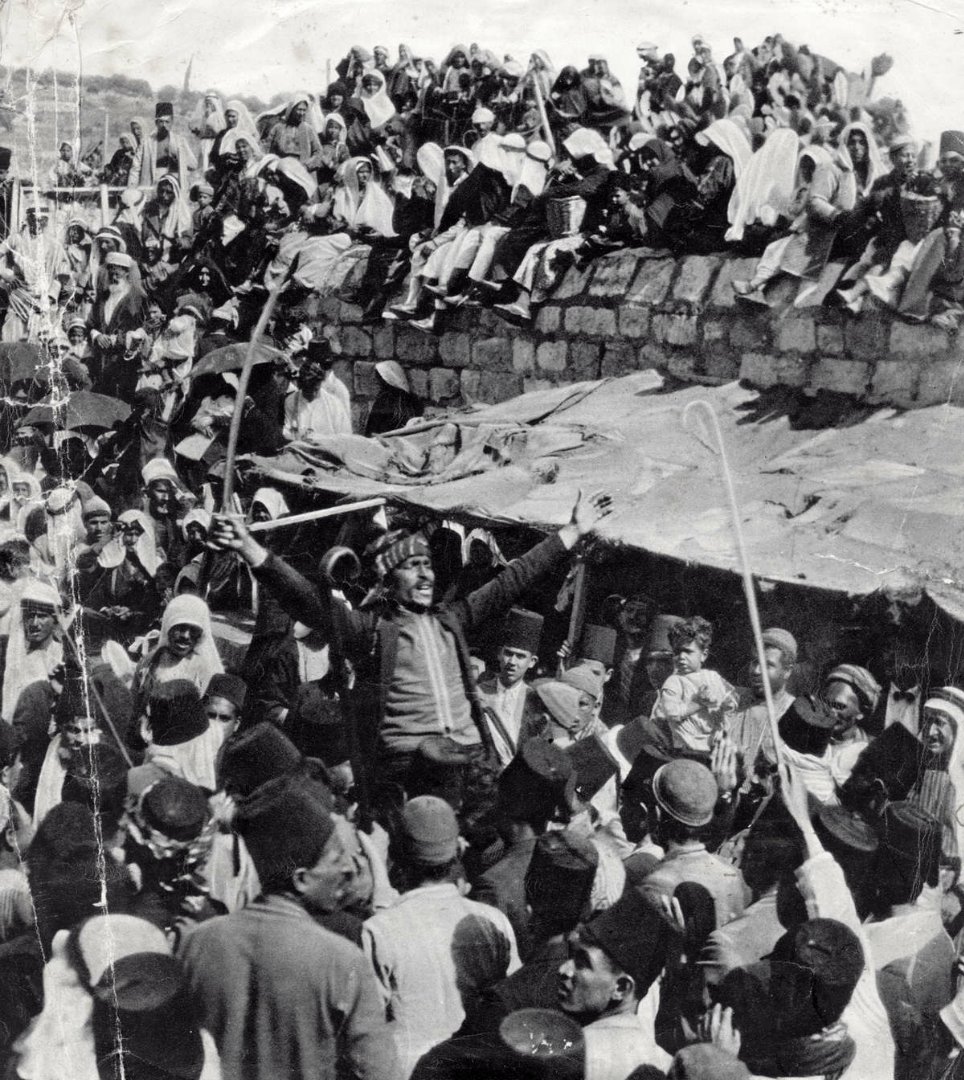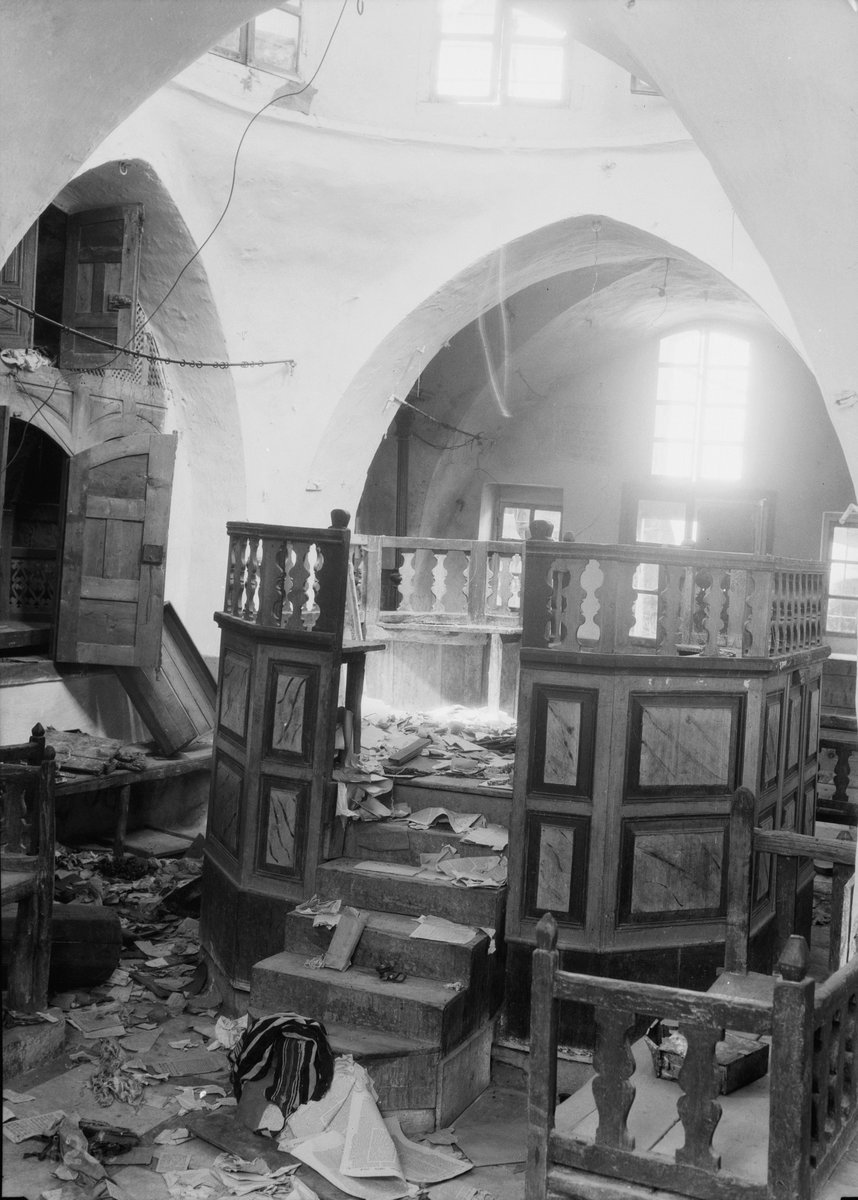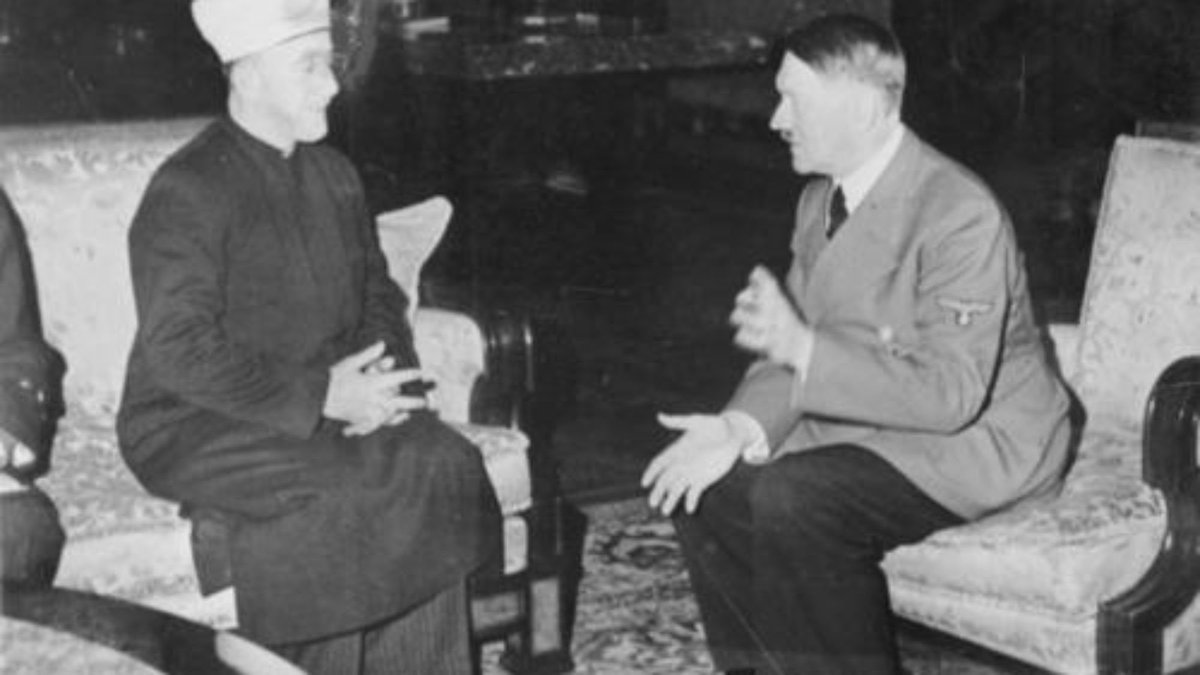#TodayInHistory #OTD 1929: 67 Jews murdered in #Hebron, second holy city of Judaism, ending 3000 years of Jewish presence.
False rumors and inflammatory sermons in mosques in the previous weeks had already caused Jewish deaths and wounded in the Old City of #Jerusalem.


False rumors and inflammatory sermons in mosques in the previous weeks had already caused Jewish deaths and wounded in the Old City of #Jerusalem.



The Jewish community of Hebron was around 700 people out of 20,000.
False rumors of a massacre of Arabs in Jerusalem spread by infamous Mufti of Jerusalem Amin Al-Husseini, who would be the host of Hitler during WW II, triggered the #pogrom in Hebron.
False rumors of a massacre of Arabs in Jerusalem spread by infamous Mufti of Jerusalem Amin Al-Husseini, who would be the host of Hitler during WW II, triggered the #pogrom in Hebron.

The killings started on the 23rd, with the attack by a mob of the Hebron Yeshiva.
On the 24th morning, a mob started attacking Jewish homes, murdering, raping and beating Jewish residents.
On the 24th morning, a mob started attacking Jewish homes, murdering, raping and beating Jewish residents.
The British police, expecting reinforcements that never came, did little to stop the massacre. 9 Arabs died in the attacks and the police action. 67 Jews were meanwhile murdered, synagogues desecrated, a Jewish hopital serving both Jews and Arabs was destroyed.
Finally, British police reinforcement arrived and stopped the massacre. Two Arabs, found guilty of murder, were sentenced to death.
The Jewish survivors of the pogrom were all transferred to Jerusalem, ending 3000 years of continuous Jewish presence in Hebron.
The Jewish survivors of the pogrom were all transferred to Jerusalem, ending 3000 years of continuous Jewish presence in Hebron.
• • •
Missing some Tweet in this thread? You can try to
force a refresh








